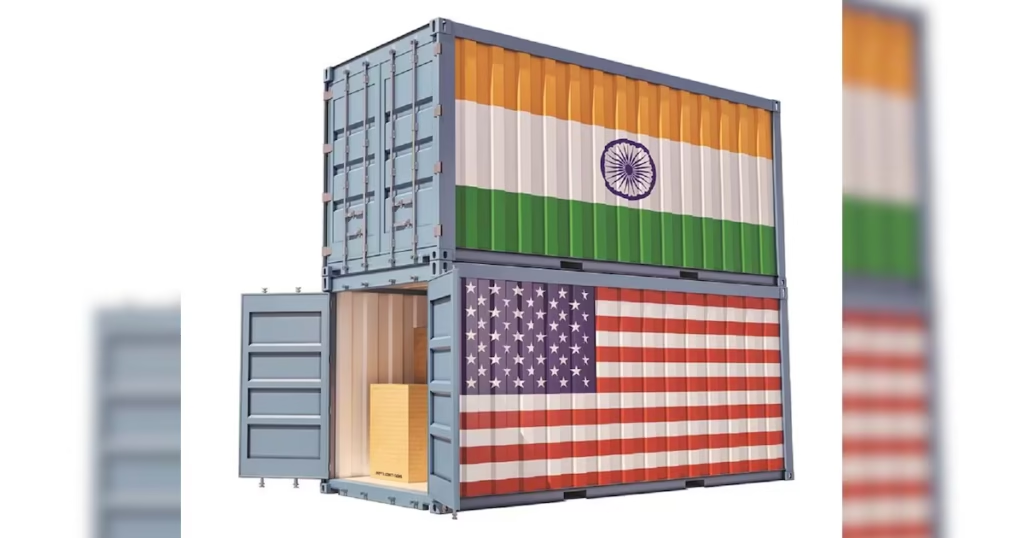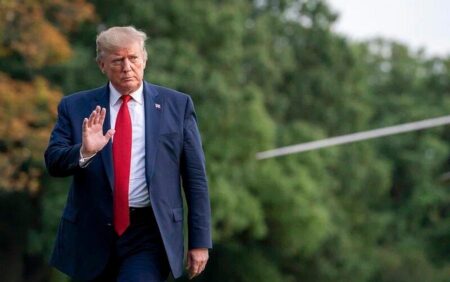India’s planned retaliatory import duties on US goods, in response to steel and aluminium tariffs, could take effect in early June, potentially impacting ongoing trade negotiations.

India’s proposal to impose retaliatory import duties on certain US products threatens to cast a shadow over ongoing negotiations for a trade agreement between the two nations, according to the Global Trade Research Initiative (GTRI). The retaliatory duties, responding to US tariffs on steel and aluminium, could take effect in early June, potentially impacting US exporters and deepening trade frictions.
GTRI said that India has formally notified the World Trade Organisation (WTO) of its intention to suspend trade concessions granted to the US, targeting US safeguard duties on steel, aluminium, and their derivative products.
“India’s latest WTO action comes at a delicate moment. New Delhi and Washington are exploring a broader free trade agreement, and this retaliation could cast a shadow over negotiations,” said GTRI Founder Ajay Srivastava. He added, “The move signals a tougher Indian stance, especially in politically sensitive sectors like steel and aluminium that align with its Make in India industrial strategy.”
GTRI believes the future of these tariffs depends on the US response. “Much now depends on Washington’s response. If the US engages in consultations or withdraws the contested measures, a resolution may be reached. Otherwise, India’s tariff response could take effect in early June,” Srivastava stated.
According to the WTO notification, the US safeguard duties impact approximately USD 7.6 billion worth of Indian exports, resulting in an estimated USD 1.91 billion in additional duties collected by the United States. India intends to recover this amount by imposing retaliatory duties on selected American goods.
GTRI explained that the core of the dispute lies in the continuation of US safeguard tariffs on imports of steel, aluminium, and related products. These tariffs were originally imposed in 2018, citing national security grounds, and have been renewed multiple times, most recently via US Presidential Proclamations dated February 10, 2025, with an effective date of March 12, 2025.Source: ANN











